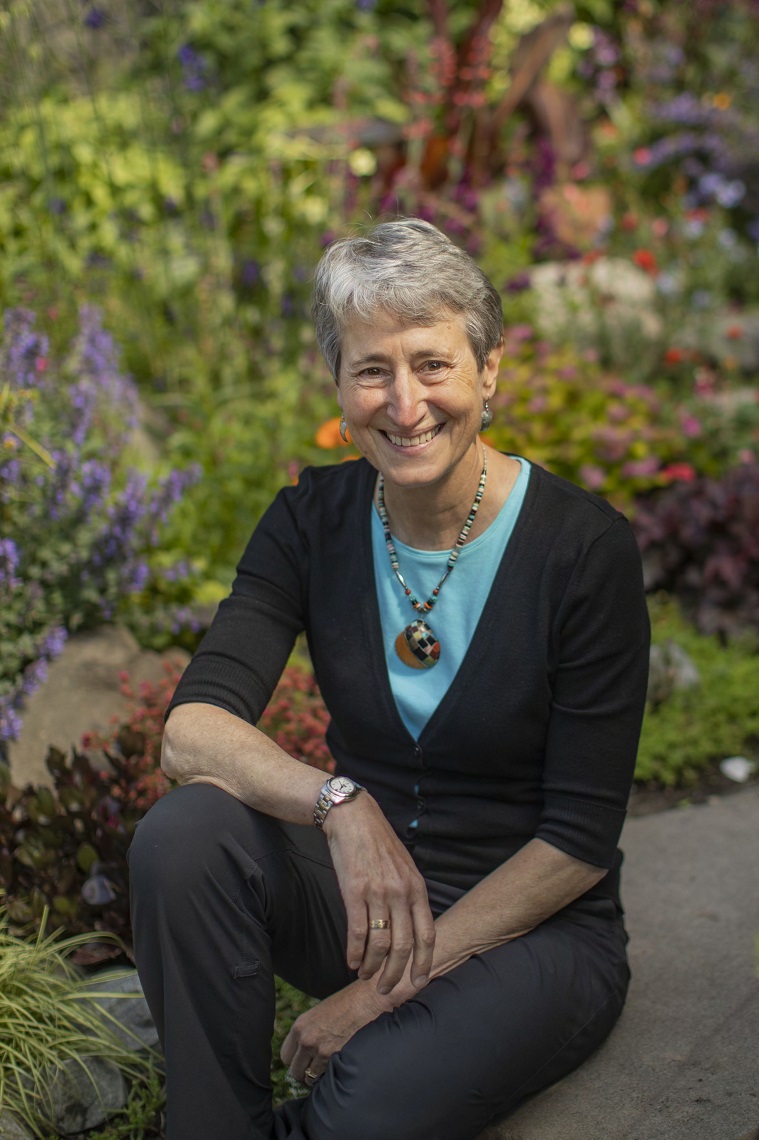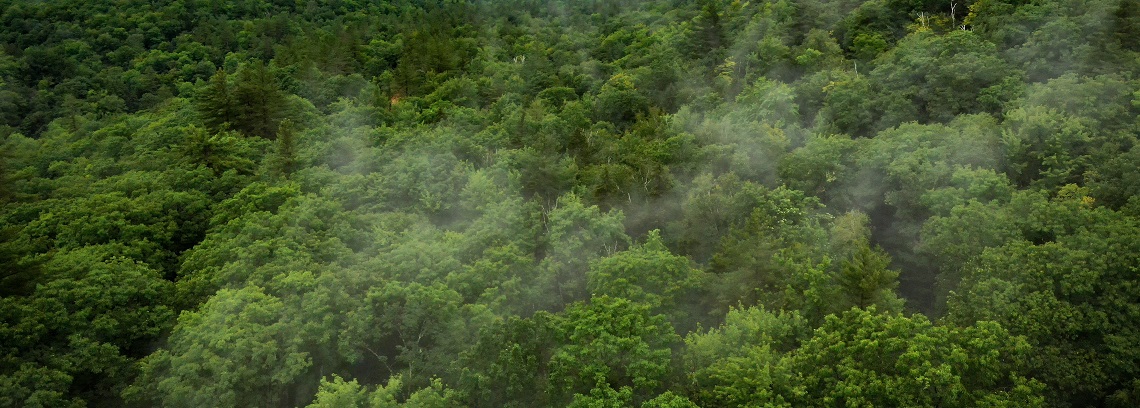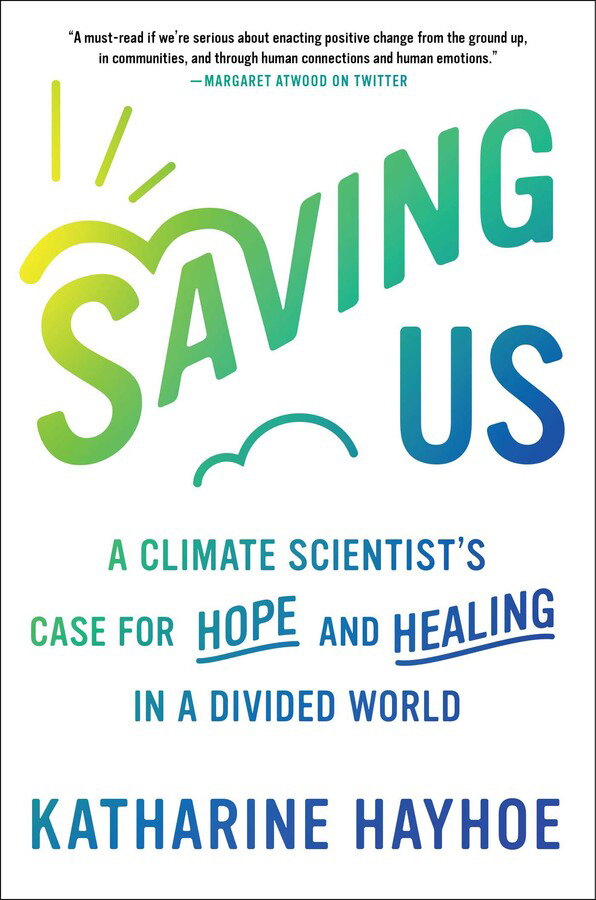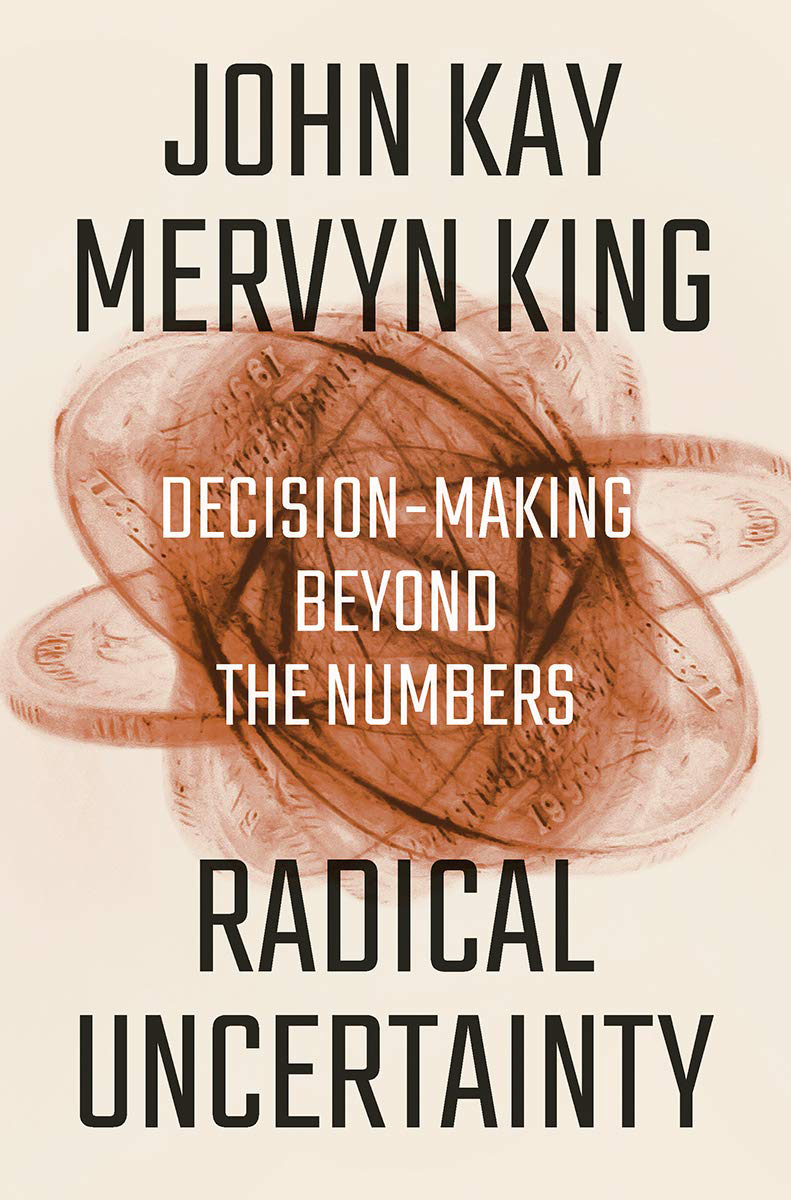Climate Change is Everyone’s Business
Sally Jewell and Charlie Donovan view addressing climate change as both business imperative and boundless opportunity
Rarely, if ever, has anyone come to the Foster School of Business with a greater sense of purpose and urgency than Sally Jewell and Charlie Donovan have this fall.
That purpose and urgency may be heightened by the year of their arrival. Across the globe, 2021 was beset by historic heat, drought, storm, fire and flood—harbingers of increasing climate shocks predicted to come from a rapidly warming planet. It also may prove to be a tipping point of global awareness and awakening to the need for viable, innovative solutions.
“It is absolutely critical that our world take action right now. If we remain complacent or paralyzed, there will be a lot of human suffering,” says Jewell, the former CEO of REI and US Secretary of the Interior. “But we also know from the current science that we can do something about it. We’re not past the point of no return. As the world’s leading economy and educator, we’re in a unique place to have an outsized impact.”
There’s a proverb that says: we don’t inherit the earth from our ancestors, we borrow it from our children. And, man, are we in serious deficit.”
This pressing opportunity is what drew Jewell to serve as this year’s Edward V. Fritzky Chair in Leadership at Foster. And it convinced Donovan, the founding executive director of the Centre for Climate Finance and Investment at Imperial College London, to accept an extended visiting professorship and develop a similar initiative at Foster—to equip leaders and businesses in this hotbed of innovation to transform the economy.
“We’re on the cusp of a great industrial transformation,” says Donovan. “Government policies combined with huge advances in technology provide opportunities to benefit from a post-carbon economy. The Pacific Northwest is primed to lead the way.”
The forever business
Jewell grew up in Seattle, her playground the surrounding forests, mountains and waters.

She studied engineering at the UW and began her career in the oil and gas industry. A stint in rural Oklahoma mining lands opened her eyes to the fragility of the world’s natural ecosystems.
As she migrated to commercial banking for nearly two decades, Jewell’s environmental ethic moved her to volunteer with organizations such as the Mountains to Sound Greenway. These parallel paths led her to the board of REI, the Seattle-based retailer of outdoor apparel and gear. She became COO and ultimately CEO from 2005 to 2013, tripling sales by leading intelligent growth in unmet markets—all the while reinforcing REI’s green ethic.
In appointing Jewell his Secretary of the Interior in 2013, President Barack Obama noted her preternatural ability to balance the interests of the environment and the economy.
“Early in my tenure, it dawned on me that we were in the ‘forever’ business,” she says. “We were making decisions that aren’t just affecting people today but for generations to come.”
The same could be said for every business now.
Capital solutions
Donovan also grew up in Seattle and studied (psychology) at the UW. His career path detoured irreversibly when he talked his way into a graduate course on natural resource economics.
“That class blew my mind,” he says, “and launched the next 25 years.”
Donovan started out as a policy analyst at the US Environmental Protection Agency, then spent a decade as a finance executive in the energy industry.

He co-founded a cleantech startup before earning his doctorate at IE Business School and then joining Imperial College London.
While leading its Centre for Climate Finance and Investment, he catalyzed an interdisciplinary initiative to unlock solutions within capital markets to address the challenges of climate change—focusing on the investment opportunity in renewable energy, clean technologies and climate-resilient infrastructure.
Experts to task
In an effort to further engage students, faculty and business partners of the Foster School in creating innovative solutions, Dean Frank Hodge recruited Donovan for his globally recognized expertise in climate risk and sustainable finance, and Jewell for her deep insights into building coalitions and finding common ground among the diverse stakeholders of the environment (which is to say, everyone).
“Nobody wakes up in the morning and says: ‘I don’t want safe drinking water and clean air, I want to ruin the planet for my children,’ ” says Jewell. “Nobody.”
Though there are still some left to convince, most people now accept the overwhelming consensus of scientific evidence: carbon dioxide emitted from our burning of fossil fuels is altering the earth’s climate, and not for the better.
But accepting reality and doing something about it are different things entirely.

Tragedy of the horizons
Donovan says that climate change is a “tragedy of the horizon,” a concept coined by former Bank of England Governor Mark Carney to explain why businesses have trouble acting on future threats.
It’s not surprising, really, when you consider that most people live largely in the present, businesses focus on the next quarter, and governments obsess on the next election. This endemic myopia leaves us unprepared for a looming paradigm shift.
“There’s a deep disconnect between this force that will shape all of our lives in the years ahead and the decisions we are making now,” Donovan says. “No organization on the planet can fully internalize it. From consumers to companies to governments, it’s hard to deal with future consequences today.”
Assessing risk
We need some help getting there.
Obviously, it will be necessary to develop more sophisticated methods to quantify the risk of doing business-as-usual in a warming world.
But Jewell suggests that re-framing the risk is equally important. Instead of only warning against global cataclysm, we can view climate change through a local, human lens. We can emphasize the upside of action, selling the benefits of healthy ecosystems, resilient forests, robust infrastructure, clean air and water.
This was the winning strategy employed by Jewell’s late friend and mentor, William Ruckelshaus, to push through the Clean Air Act and many landmark protections while directing the Environmental Protection Agency during the Nixon and Reagan administrations. “All of that was motivated by a concern for public health,” she says.
Human and ecosystem health “are what we’ve thought of as co-benefits of solving the climate crisis,” Donovan adds. “We need to start thinking of them as the benefits, because that’s what resonates with most people.”

Threat, opportunity
Competition is also a big motivator. Developing green energy and clean technologies has become an issue of national security—or at least economic independence. Take the whipsaw of oil prices over the past years. “There’s a real cost to that volatility,” says Donovan. “A renewable energy economy could help relieve our exposure to the ups and downs of the fossil fuel industry.”
It’s why Denmark became a pioneer in the development of wind energy. “They believed that, over time, this strategy would become an economic advantage, and that they would emerge as leaders in an emerging industry,” Jewell says. “And they are.”
But not the leader. That distinction goes to China, which has muscled its way to the forefront of solar, wind, electric vehicles and energy storage. The motivation is similar to Denmark’s, but the scale is altogether different. “China is putting massive investment into these technologies,” says Jewell, “and undermining the ability of other countries and businesses to compete.”
The truth is that renewable energy and clean tech are still in their infancy. “It seems that nothing changes, until suddenly, one day, it does,” Donovan adds. “We’re all waking up to this global race for supremacy in a clean energy economy. It’s a process of creative destruction.
“Winners are starting to emerge, and investors are migrating to them. The companies figuring this out earlier than the others are doing better.”
Finance first
The financial markets are already revealing evidence that the global economy is tilting toward a sustainable future. “Most traders have a myopic view,” Donovan says. “But institutional investors—like those working for pension funds—need to think about strategic asset allocation over the long term. And that’s where we’re seeing incontrovertible proof that renewable power is starting to be valued relative to oil and gas.
“It has made a number of stakeholders say, ‘I don’t even have to believe in global warming. I’m seeing that value shifts are occurring.’”
In case they need further proof, among the agreements forged at this year’s United Nations Climate Change Conference, an eye-catching coalition of banks, investors and insurers pledged to reach net-zero emissions across its $130 trillion portfolio by 2050.
“We are beginning to see companies take action,” Jewell says, “whether they’re motivated by consumers, shareholders or morals.”

What can Foster do?
Jewell and Donovan believe that business schools need to show more leadership. “Schools are behind where students want to be,” says Jewell, “and behind being able to provide the guidance and advice to businesses on what’s emerging.”
That is why they’ve brought their expertise to Foster: First, to reinforce the work of faculty colleague Elizabeth Stearns and others to help students grasp the gravity of climatic forces shaping the future and equip them to add value with innovative solutions. Second, to spark new industry around green energy and clean tech in a region long known for innovation, in partnership with UW leaders like EarthLab, the Clean Energy Institute and the Buerk Center for Entrepreneurship. And third, to develop a sophisticated means of assessing risk and reward for investing in green technologies and durable infrastructure.
The thrust of this initiative will come from Donovan’s vision of a climate finance center that connects data science, technology management and finance.
“We’re trying to bring these three disciplines together in a way that will improve our ability to make informed investment decisions,” he says. “Addressing climate change effectively is not a hopeless effort, but it does require an integration of ways of thinking and approaches that are not commonly done together.”
“You have to be optimistic,” Jewell adds. “We are blessed with the brains we have been given, and we better use them. Everybody needs to play a role.”
Sooner rather than later. Or better yet, now.
Good Reads
 Saving Us: A Climate Scientist’s Case for Hope and Healing in a Divided World, by Katharine Hayhoe
Saving Us: A Climate Scientist’s Case for Hope and Healing in a Divided World, by Katharine Hayhoe
“The chief scientist at The Nature Conservancy—who’s also an evangelical Christian living in Texas—talks about connecting on climate with folks to whom words like ‘environmentalism’ and ‘global warming’ are anathema.” – Sally Jewell
 Radical Uncertainty: Decision-Making Beyond the Numbers, by John Kay and Mervyn King
Radical Uncertainty: Decision-Making Beyond the Numbers, by John Kay and Mervyn King
“For those interested in how really complex challenges—such as climate change—get solved.” – Charlie Donovan
